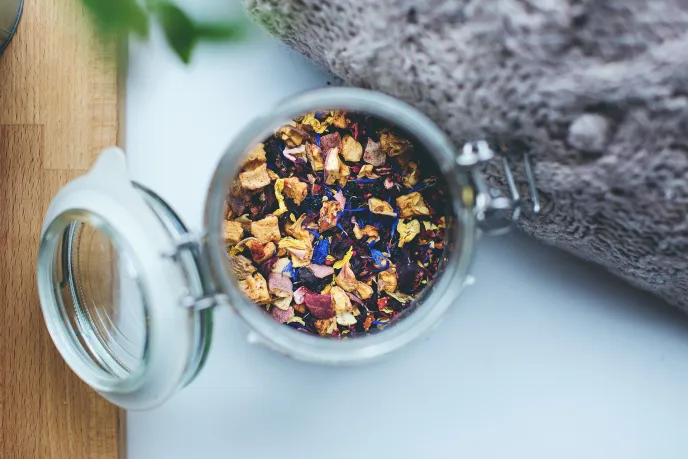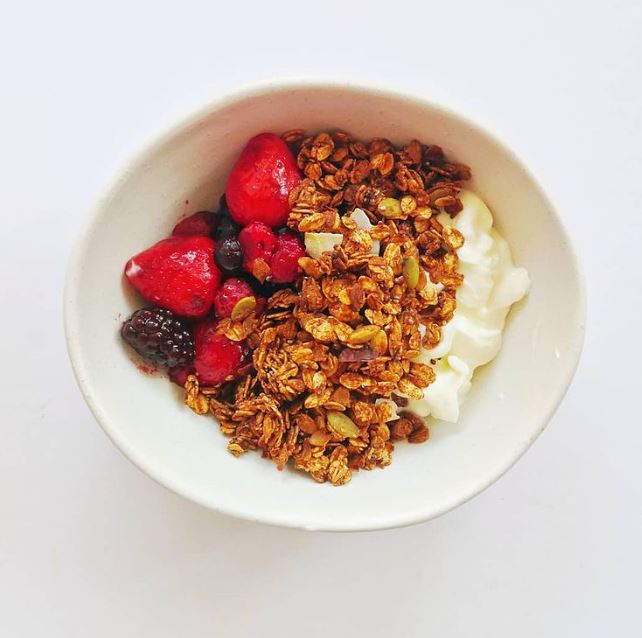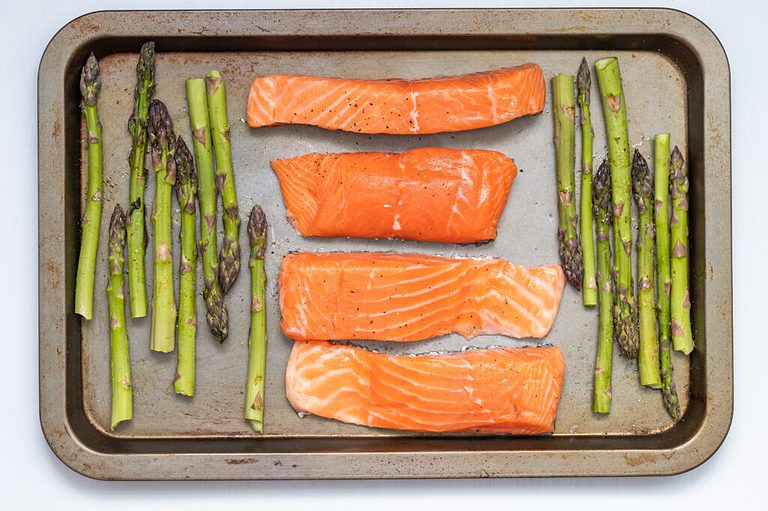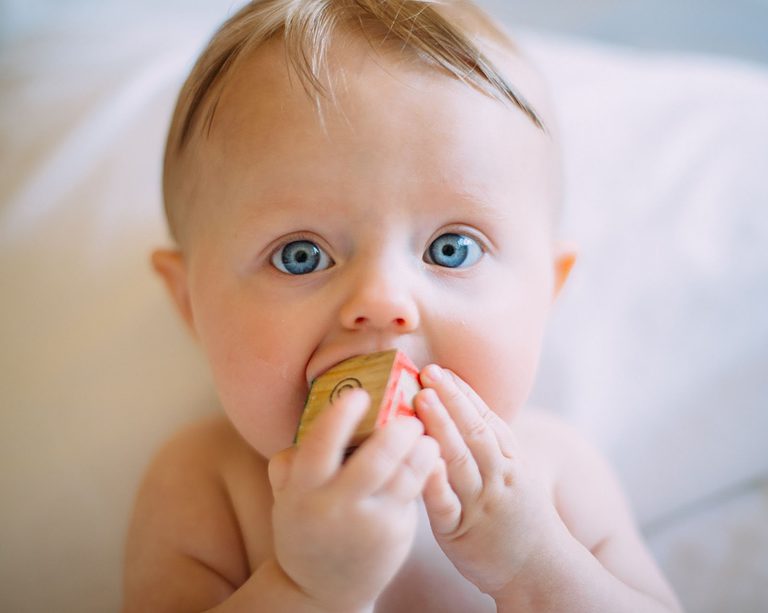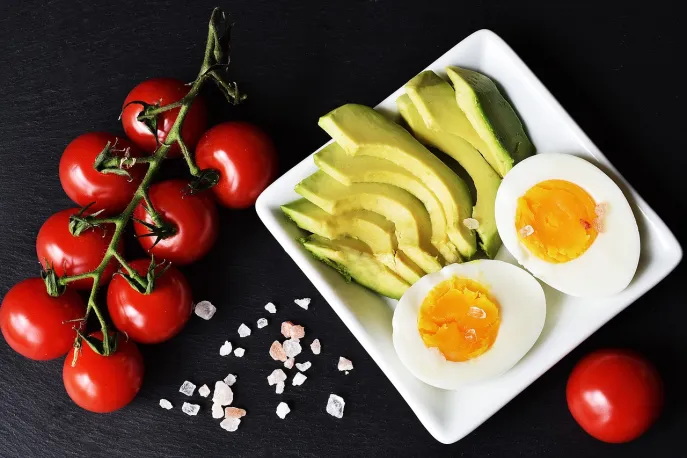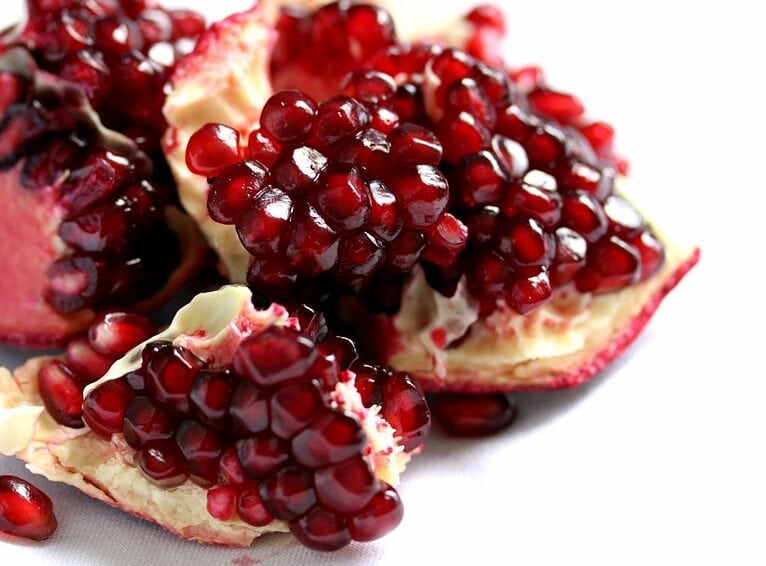Infertility and trying to conceive can be a challenging time for couples to work through. As with any challenging situation or new diagnosis, such as infertility, one of the first things we tend to do is consult… Dr Google.
Articles claiming to have the secret to boosting fertility or selling herbal products that claim to improve your chances of conceiving are everywhere online with one of the most common being fertility teas.
I’m sure you’ve seen fertility teas splashed over your social media or had at least one person recommend them to you when going through a fertility journey. Am I right?
So, what are fertility teas? What is the research behind them? Do the claims they make add up? Well, let’s dive straight in to understand the real tea on those fertility teas!
So what actually are fertility teas?
Fertility teas are blends of different teas that claim to improve fertility or the chances of conceiving when consumed regularly. Depending on what brand you purchase from will depend on what teas/plants that are included.
It’s all in the ingredients!
With all fertility teas, it is all about the ingredients and the benefits they provide so I’ve done some research on the four most common teas found in fertility tea blends on the internet.
Green Tea: Green tea is one of the most popular teas in the world! Along with tasting delicious, green tea has a whole host of benefits mainly due to compounds known as catechins.
The catechins in green tea act as antioxidants that help to remove free radicals in the body. High levels of free radicals can potentially negatively impact sperm health as well as egg health.
It is for this reason that research has shown certain catechins, such as epigallocatechin-3-gallate (yes, a big name with even bigger benefits), can reduce the negative effects that free radicals have in the reproductive organs, leading to improvements in sperm health and egg quality (Roychoudhury et al., 2017)
Raspberry Leaf: A quick Google search on Raspberry Leaf and fertility results in numerous claims around improving infertility, however, these claims are purely anecdotal, meaning they are based on personal experience and not through scientific research.
A systematic review looking at all the studies conducted with raspberry leaf found no benefits in terms of fertility and labour (Holst et al, 2009). This means that more studies are needed before it’s able to be recommended for any couples going through a fertility journey!
You can read more about red raspberry leaf tea and labour here.
Chastetree: Chastetree is a tea made from the berries and leaves of a shrub native to Europe and Asia.
While Chastetree hasn’t been shown to increase fertility rates, a systematic review did find that it increased progesterone levels in women throughout the luteal phase of the menstrual cycle (progesterone creates a nurturing environment in the uterus for the fertilized egg to grow) (Dugous et al, 2008).
Even though this is a positive, there still needs to be more research done in this area so it is therefore important that you discuss any use with your doctor or fertility dietitian. Remember, herbs can interfere with medications and how they’re absorbed so always check with your health care provider first!
Stinging Nettle: Stinging Nettle has been labelled with a whole list of benefits when it comes to fertility however none of these claims are backed by any research (sensing a theme here yet…?)
Stinging nettle has been linked to many other conditions such as arthritis and allergies due to its anti-inflammatory properties, however, no research has been conducted in the fertility space (Kregiel et al. 2018)!
Let’s weigh up the Pros and Cons of Fertility Teas!
Now we’ve gone through some of the common ingredients found in fertility teas, let’s look at some of the pros and cons you should consider before purchasing a fertility tea.

Pros
- Meeting your daily water target: As with any tea, fertility teas are made with water which makes them a great tool for meeting your daily water target. Adequate hydration is important for everyone including those going through a fertility journey. That’s a big positive!
- Managing your caffeine intake: Secondly, the majority of fertility teas you can purchase are a mixture of herbs/plants meaning their caffeine content is usually quite low. Caffeine, which is found in high amounts in coffee, energy drinks and cola drinks, can negatively impact on fertility and the ability to conceive if consumed in excess. Herbal teas can therefore help to manage your caffeine intake while still having your warm drink throughout the day!
Read more about caffeine when trying to conceive here.
- Taste: Lastly, as with any herbal tea, they taste delicious and I’m all for anything that tastes good!
Cons
- Limited science for their efficacy: For any professional working in the medical space, including myself, to recommend different foods or products, there has to be research behind their effectiveness as well as research to say they won’t cause any harm, interfere with medications or other treatments.
As I’ve highlighted above, the most common ingredients in fertility teas (green tea, raspberry leaf, chasteberry & stinging nettle) either don’t have the most convincing evidence to say they’re beneficial for fertility or they don’t have any evidence at all!
- Interference with medications: Along with a lack of evidence to show their effectiveness, there is also limited information regarding the negative effects of these teas – especially their interactions with certain medications.
Many natural products or nutrients can impact on medications. In terms of the teas mentioned above, some research has found that Chasterberry can impact on medications for Parkinson’s disease and Stinging nettle can impact on blood thinning medications (Kregiel et al. 2018 & (Dugous et al, 2008). This makes it really important to discuss any use with your doctor or fertility dietitian.
- Cost: Last but not least, fertility teas are expensive! When compared to herbal teas such as green tea or peppermint tea you find in the supermarket, fertility teas on the internet can be over 10 times the price per tea bag or per serve. Yikes! Save that cash for a consult with a fertility dietitian instead!

The bottom line?
From a diet perspective, there are a lot of beneficial changes that can be made to improve our chances of conceiving that have the research behind them. Fertility teas, although tasty, can be expensive, they don’t have the research to back up their big claims (not yet, anyway) and may interfere with certain medications.
It’s therefore important to discuss the use of any fertility teas with your doctor or fertility dietitian before giving them a go.
If you feel confused or overwhelmed about where to start in your fertility journey, apply to work with me one-on-one today and let’s get you started on building a fertility friendly diet that is just right for YOU!
This blog was co-written by Dietitian Liana Tunzi. You can find Liana on Instagram @woodenknife_nutrition or connect with her on LinkedIn.

